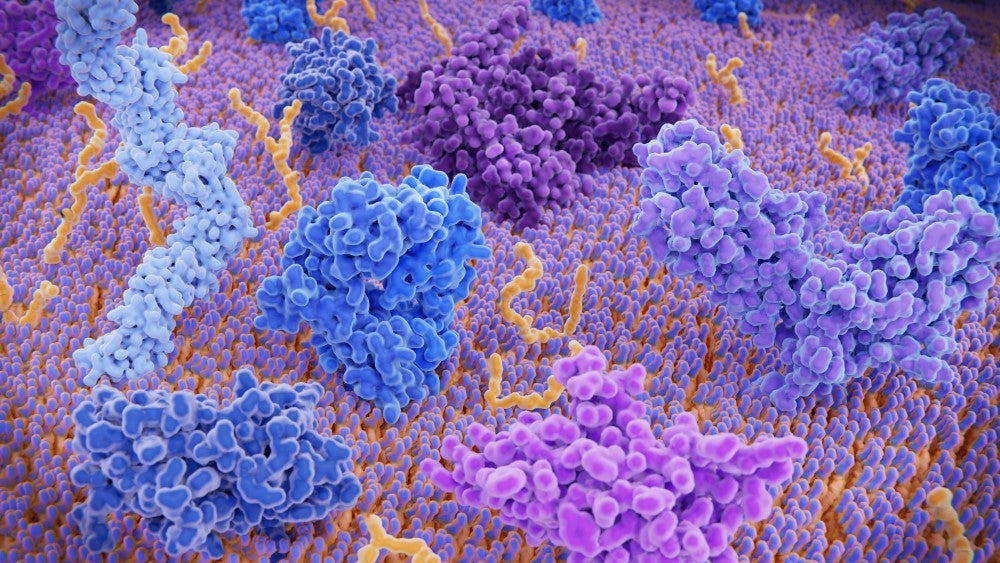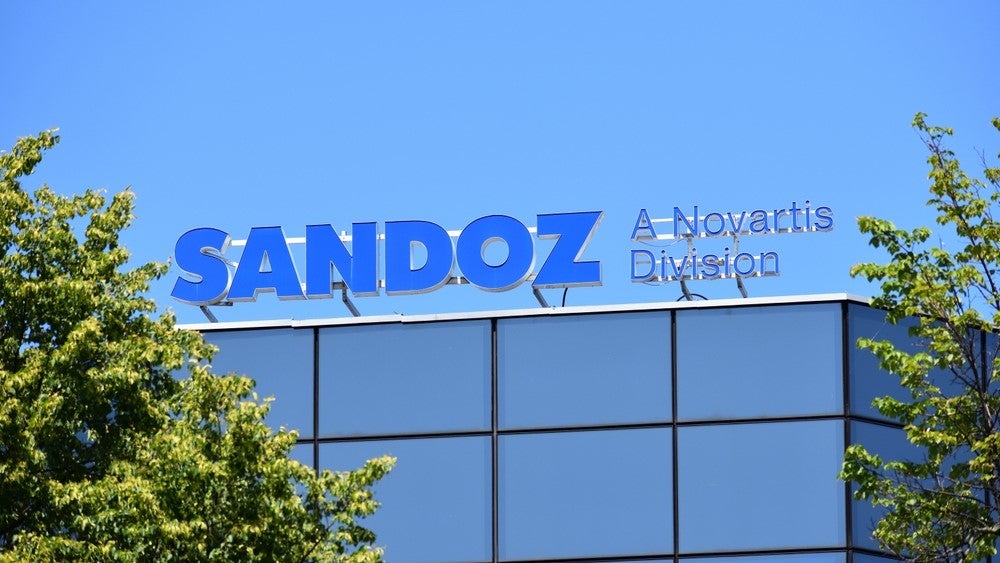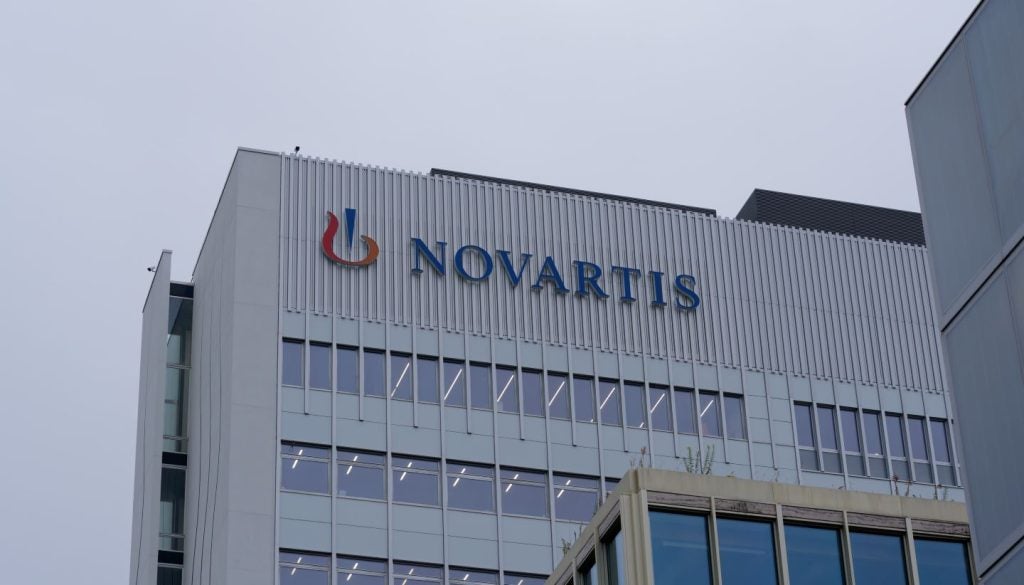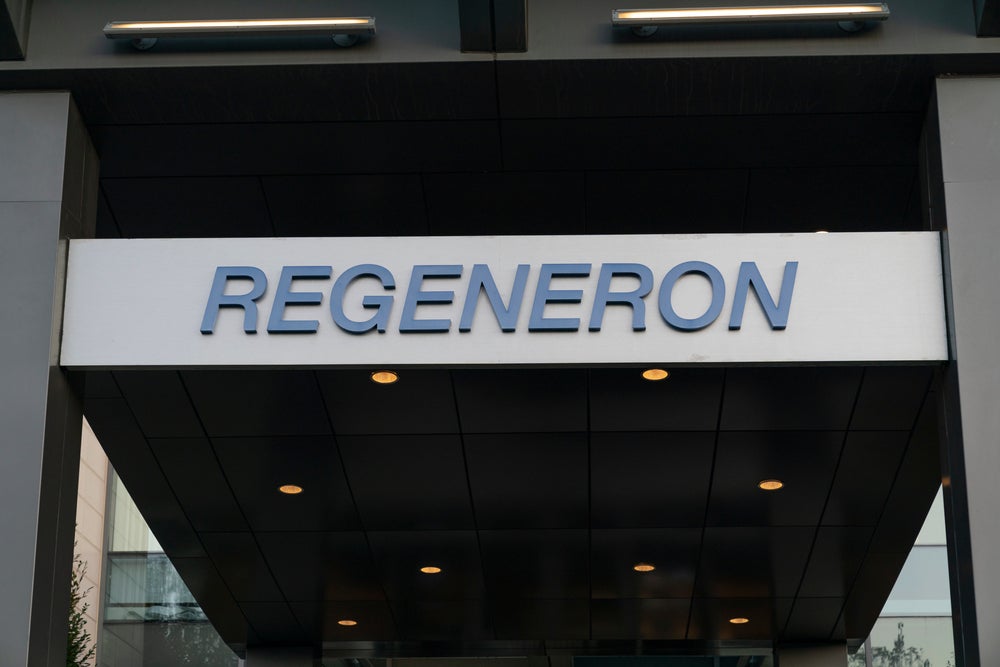
Biosyngen received an all-clear from the US Food and Drug Administration (FDA) on the Investigational New Drug (IND) application for the BRL03 to start Phase I/II trials.
BRL03 is a T-cell receptor (TCR) therapy that isolates a patient’s T-cells and then genetically modifies them to target specific cell antigens. These modified T-cells are then infused back into the patient. BRL03 would be investigated to treat lung, gastric, and other advanced solid tumours.
BRL03 was developed using Biosyngen’s drug discovery platform, IDENTIFIER. The IDENTIFIER platform utilises TCR and tumour proteome databases to discover, screen and optimise therapies. Biosyngen also uses its MSE-T technology platform to decrease T-cell depletion, leading to sustained tumour-suppressing effects.
Cell therapies are a growing area of interest in the immuno-oncology (IO) field. As per GlobalData, the IO sector was worth approximately $48bn in 2022.
GlobalData is the parent company of Pharmaceutical Technology.
The Singapore-based company also has other T-cell therapies in its pipeline. BRG01 is an Epstein–Barr virus (EBV) targeted chimeric antigen receptor (CAR) T-cell therapy, which is currently in Phase I/II (NCT05864924) clinical development in the US and China.
Phase I of the trial is expected to be completed by the end of 2023. BRG01 is also being investigated for the treatment of EBV-positive lymphoma.
Biosyngen is also developing a tumour infiltrating lymphocyte (TIL) therapy, BST02. As part of the TIL therapy, the patient’s own tumour-infiltrating lymphocytes, a type of T-cell, are isolated, and then the best-targeted lymphocytes are selected. These lymphocytes are then expanded and infused back into the patient.
Cell & Gene Therapy coverage on Pharmaceutical Technology is supported by Cytiva. Editorial content is independently produced and follows the highest standards of journalistic integrity. Topic sponsors are not involved in the creation of editorial content.















